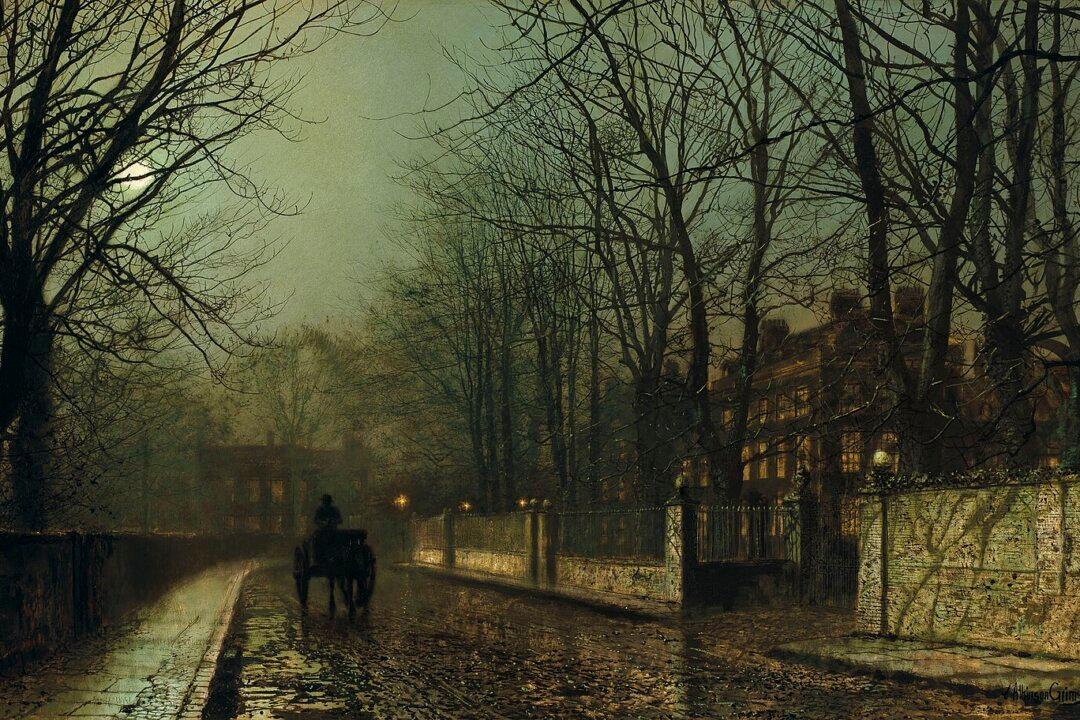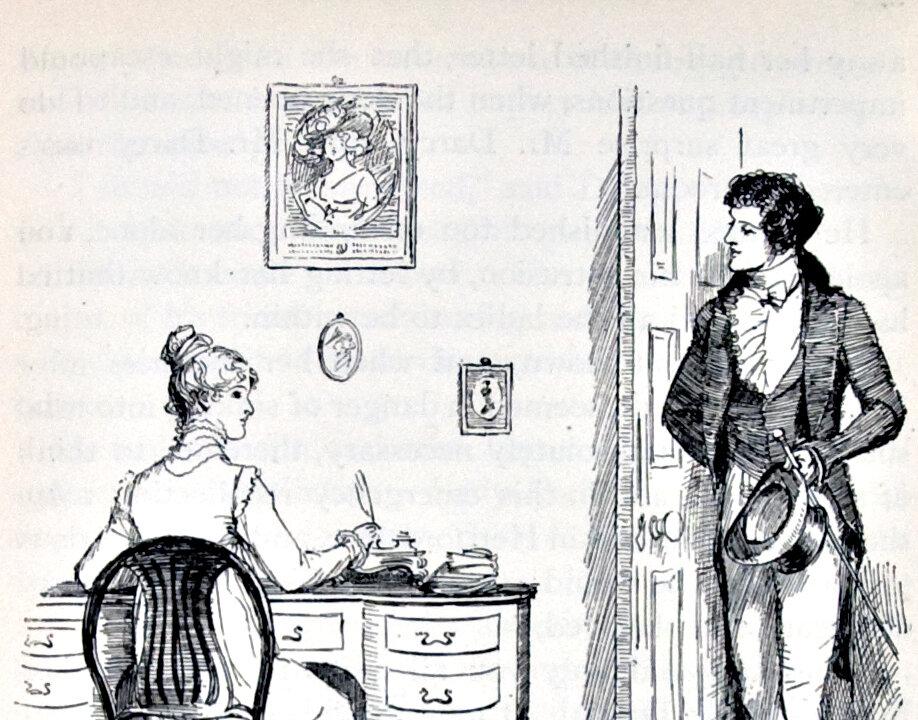Sunlight is no friend to the sorrowing poet. At least, it doesn’t offer the same sort of sympathy that the moon does. Moonlight is more malleable; it waxes romantic, or its high spirits wane. It can be a somniferous silver or wistful white. Countless poems have been written to a moon that joins the sufferer in his lamentation—to such an extent, in fact, that it seems true that there’s nothing new under the sun, nor beneath the moon either.
However, it’s from this very fact that readers of these poems can draw consolation. It’s a reason we turn to poetry: There, we find words to put to our experiences. If our present experience is one of sorrow, we find comfort in expressions of the same pain and in knowing that we are not alone in our suffering. Some voice of the past has already supplied us with the words that encapsulate our joy or pain.





